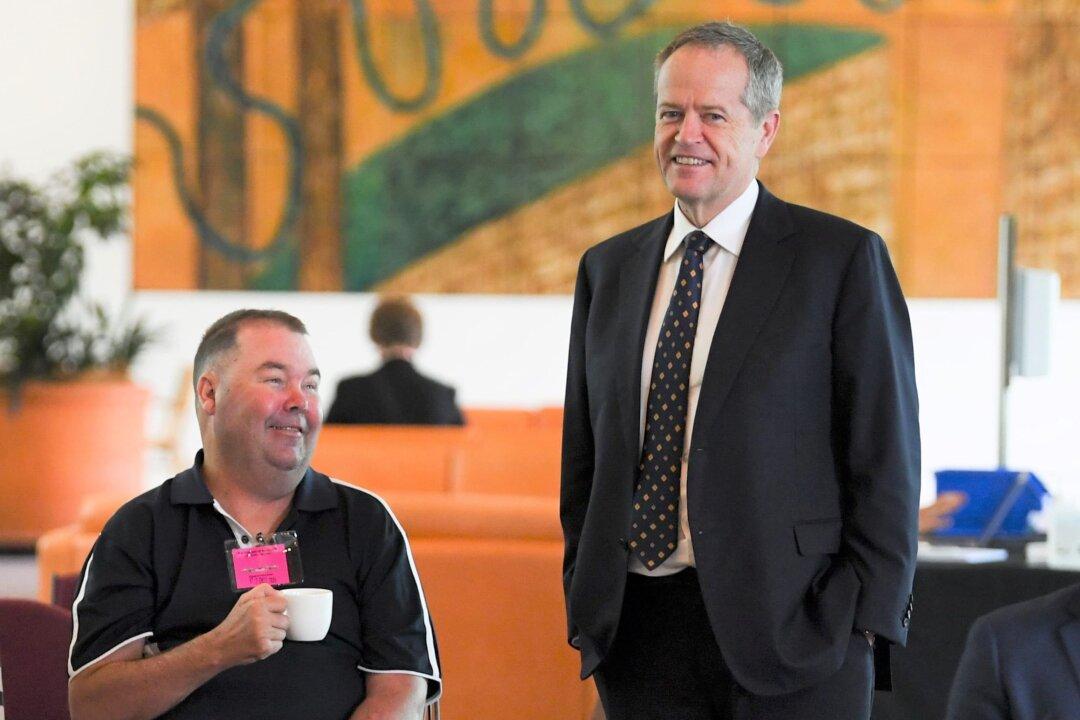The massive costs of Australia’s National Disability Insurance Scheme (NDIS)—tipped to hit $60 billion a year (US$42.7 billion) by 2029-30—will continue to escalate if changes are not introduced to arrest the ever-widening scope of services it tries to cover.
Clinical psychiatrist Tanveer Ahmed has also warned that the program has distorted parts of the health sector and fostered dependency among disabled individuals.





